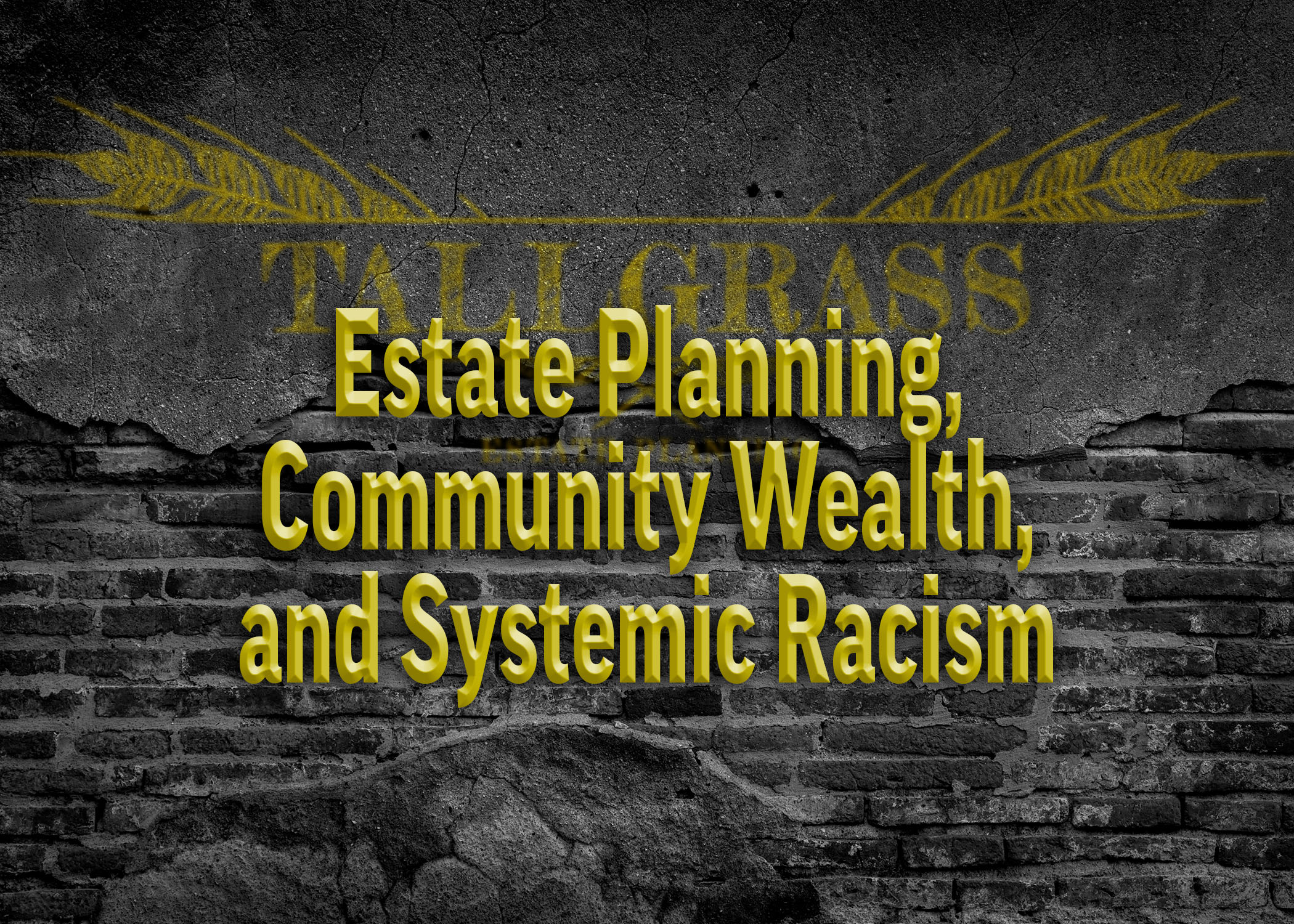
We get it: We're not right for everyone. We are an unorthodox group of attorneys who work in a non-traditional way, and many people would prefer a more conventional approach. Not often, but it happens. That's totally fine.
For example, one of our central values as a firm is hospitality, and one manifestation of that value is a focus on providing comfortable, welcoming spaces and experiences for our clients as they work through decisions about some of life’s toughest circumstances. Our clients tend to enjoy this informality, whether they realize it is intentional or not.
But some folks, for different reasons, would rather work in a more traditional setting. We understand.
From time to time, people meet with us initially and then decide to go in a different direction. This can make us nervous. We take individualized counsel and planning extremely seriously, and that counsel and planning takes a lot of skill and constant education in a continually-evolving legal field. Many attorneys promote that they do “estate planning," but they might also do criminal law, divorces, personal injury, and a thesaurus of other practice areas. We don’t think clients are best served by this shotgun approach, especially because an attorney's inexperience in estate planning might not be obvious until decades in the future.
(To be fair, because we focus exclusively on estate planning, we wouldn't be the right attorneys to call for other legal needs. If you've got a DUI and come to us, you're probably going to jail. But we will happily refer you to great people to work with.)
All this to say, when someone decides not to work with us, we still want them to receive great counsel. We emphasize the importance of working with an attorney who focuses exclusively on estate planning, even if it’s not us. Some of the worst situations we help our clients with are when they thought their planning was comprehensive enough but only later, during a crisis, discovered it wasn’t. At that point, it’s much more difficult and expensive to fix.
In the rare situation when someone wants to seek other counsel, we provide a laundry list of some of the essential questions any lawyer who says they do estate planning needs to be able to answer fully. Some of these questions only apply to people who are doing joint planning - like spouses - but everything else applies to everyone - married or single, kids or no kids.
Here are just a few:
- If one of us dies, and the survivor remarries, how can we protect what we’ve worked for from a subsequent divorce, or the survivor predeceasing a new spouse, or new spouse’s financial bad luck in bankruptcy, a lawsuit, or similar situations?
- How can we be sure our assets will be used for our benefit if we become incapacitated and end up needing long-term care?
- We want to make sure the inheritance we leave our kids or grandkids or other beneficiaries actually improves, rather than complicates, their lives.
- How can we provide structure for our kids if they receive an inheritance and they’re young (whatever "young" means to you)?
- And how can we protect that inheritance from divorce, lawsuits, bankruptcy, and other financial bad luck scenarios?
- If we are incapacitated and the law changes in a way that will substantially affect how our estate plan functions, how can our plan be modified to subsequently work better under the new law without having to go to court?
- If one of us or our children develops a special need for which they can receive government benefits, is there a way to keep our assets from having to be spent down in order to qualify for those benefits?
- Inherited IRAs and other retirement plans can bring a lot of difficulties for our kids in terms of income tax consequences, capital gains tax consequences, and without protecting those assets from divorce, lawsuits, etc. that we often enjoy as the account owners.
- How can we protect our retirement funds to maximize their benefit for our kids?
- If one or both of us become incapacitated, which might cause us to deplete our assets unnecessarily (especially if we’re older), how can we prepare now to avoid that, while also avoiding court processes and preserving the harmony in our family?
- Our assets are likely to change over time, and our plan will likely need to accommodate those changes.
- Will you be a part of that process?
- Will we have to keep paying legal fees in order to just make our existing plan work?
No matter the attorney or law firm you choose, they need to be able to address these things to make sure you and your family are protected and provided for in a comprehensive way. We truly wish everyone all the best and hope all of their needs are taken care of, so we want people to make these questions central in their planning process.
If you want to know more, we would love to talk with you about it. Best part, the conversation about how it could benefit you doesn't cost anything. Contact us at (918) 770-8940 or firm@tallgrassestateplanning.com to set up a free consultation, either in person, video chat, or phone call.
Disclaimer: Reading this blog post does not create an attorney-client relationship, and it is not formal legal advice. This is for information purposes only. Your best bet, always, is to speak with an attorney about your questions, assets, concerns, and needs.

















